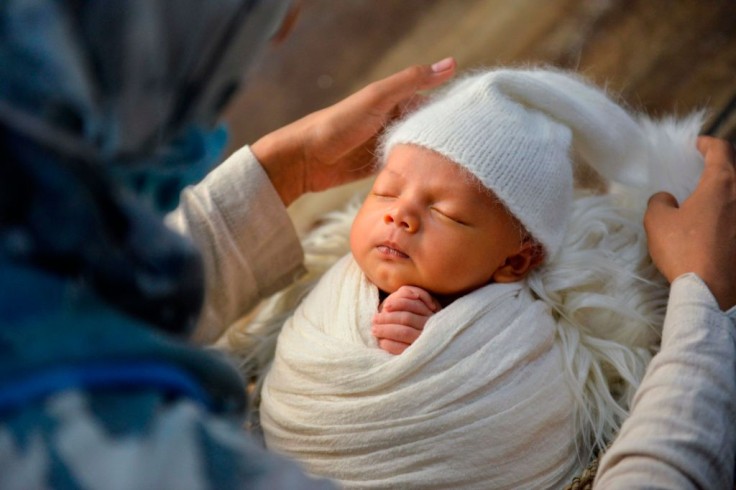
The first weeks of the baby's life can be overpowering, but by the fourth week, you might feel like getting to know the newborn. Babies go through important changes during this time, both in physical growth and in their interaction with the world.
Newborn Development From 0-1 Month
Baby's Growth and Health at 1 Month
Most babies initially lose some weight after birth but typically regain it by their first month. You can track this using growth charts provided by the health visitor.
During this period, babies experience rapid growth and may require larger nappies and clothes.
Each baby is unique; boys tend to be longer and heavier than girls. On average, a one-month-old boy might measure between 49cm and 60cm and weigh between 3kg and 6kg.
Girls commonly measure between 48cm and 58cm and weigh between 2.75kg and around 6kg.
Baby's Sleep at 1 Month
Sleep patterns vary widely at this stage. While some babies may sleep for longer stretches at night and nap during the day, many others sleep in shorter bursts around the clock.
On average, four-week-old babies sleep between 14 and 18 hours daily and wake for feeds during the night.
Baby's Feeding at 1 Month
At one month, feeding and diaper changes dominate the day. Exclusive breastfeeding is suggested for the first six months, with babies commonly needing around eight feeds every 24 hours.
Feeding on demand offers to react immediately to the baby's hunger and comfort needs.
Vitamin D Supplements
Breastfed babies should receive a daily vitamin D supplement, as recommended by the health visitor.
Baby's Personality at 1 Month
At this stage, the baby communicates mainly through crying. You may start recognizing different cries indicating hunger, tiredness, discomfort, or pain. Responding immediately to their cries helps establish trust and security.
Babies become more familiar with their surroundings, reacting to loud noises with startles or cries. Towards the end of their first month, you may witness their first smile, an important milestone.
Baby's Developmental Milestones at 1 Month
- Responding to sounds by crying or startling
- Beginning to smile
- Noticing lights and colorful toys
Activities for Baby at 1 Month
- Despite their small size, there are activities you can do at home to support the baby's development:
- Sing while feeding to introduce new words and bond.
- Talk to the baby throughout the day to encourage language skills.
These communications are important for promoting the baby's early development and strengthening the bond with them.
When to be Worried About Newborn Growth and Progress
Trust your instincts as you know the baby best. If notice any concerns with the one-month-old, such as enormous crying, feeding challenges, unusual tiredness, or changes in sleep patterns, it's suggested to consult the child and family health nurse or GP.
Seek advice if the baby isn't moving their limbs, responding to light or sounds, making typical sounds, or showing normal responses to stimuli.
Additionally, if experiencing signs of postnatal depression, such as constant sadness, irritability, difficulty coping, or raised anxiety, it's essential to seek support from a healthcare professional immediately.
Related Article: What Factors Impact Newborn's Birth Weight?